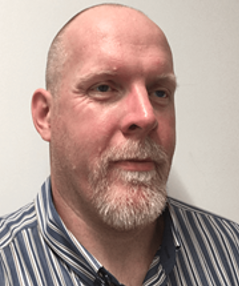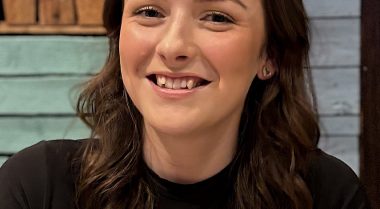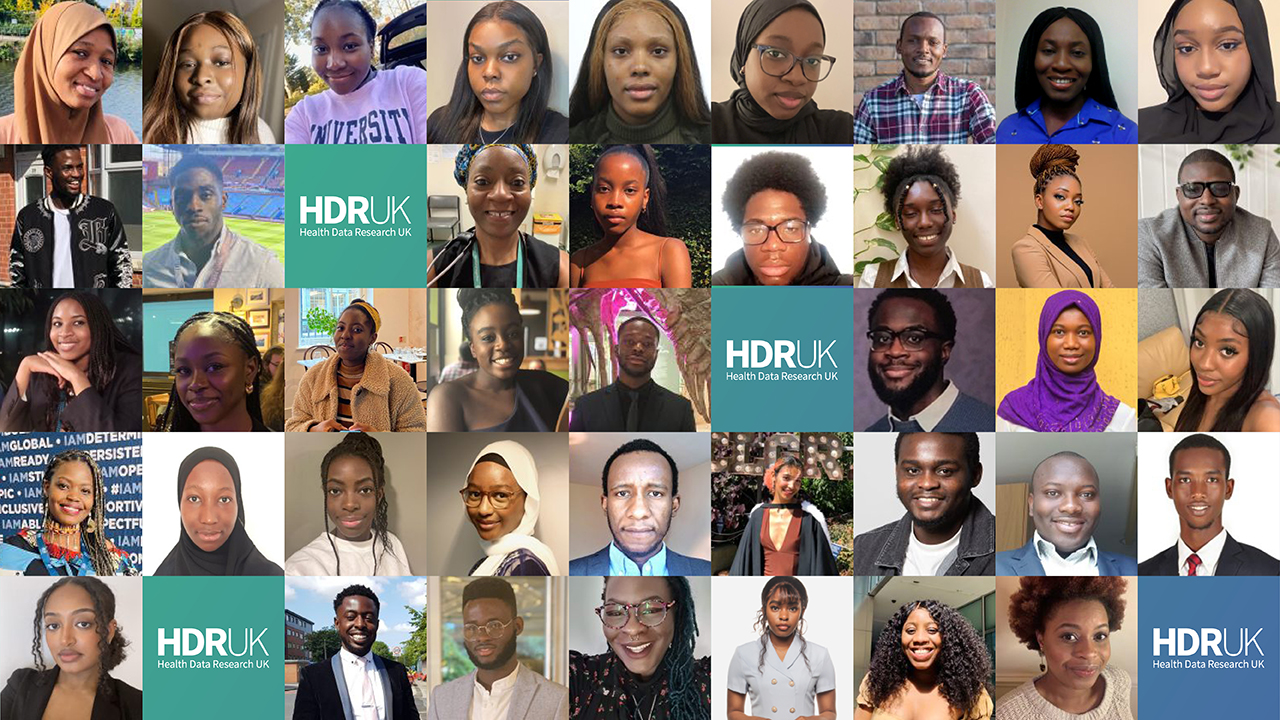Immersion week co-leader Iain Styles on changing disciplines for a health data science career
11 April 2023
The new HDR UK and University of Birmingham Immersion Weeks are designed to provide a short, intensive and high-quality introduction to the foundational issues in health data science. We asked Iain Styles, professor of computer science at Birmingham and co-leader of the initiative, to tell us about his career, the new courses and the appeal of a career in health data science.
Can you tell us a little about yourself and how your interest in life sciences and health issues developed?
 I was always interested in science at school and took the classical set of science A levels – maths, chemistry, physics, biology. Computer and data science weren’t really studied at schools then, and it became clear that my talents lay in mathematics and physics rather than in the wet lab sciences so I chose to study a physics degree in Birmingham and I’ve never moved from here.
I was always interested in science at school and took the classical set of science A levels – maths, chemistry, physics, biology. Computer and data science weren’t really studied at schools then, and it became clear that my talents lay in mathematics and physics rather than in the wet lab sciences so I chose to study a physics degree in Birmingham and I’ve never moved from here.
After, I did a PhD in condensed matter physics and it was then that my work took a computational turn. The equations I needed to solve I couldn’t by hand. With some expert guidance from my supervisor we plugged them into a computer. That was my introduction to computer science. Those experiences were very formative and showed me that computers were a very powerful tool for science and that this was something that I wanted to explore further.
In 2003, an opportunity arose for a postdoctoral position in medical image analysis. I transferred to the School of Computer Science where I’ve been ever since. That project catalysed my interest in computing applied to health and my interests have gradually developed from there to span a broad range of topics in and around health data science.
My entry into health data science has been a process of evolution rather than a step change. As I’ve learned more about the area, I’ve found more and more to interest me. The variety of problems health data scientists can work on is one of the things that I find most exciting and stimulating about the area.
When people are considering a career, or change of career, why might they want to look at health data science?
I think it comes down to motivations. There are undoubtedly lucrative careers out there in big tech or finance for people with quantitative skills, but not everyone is motivated by the highest possible earnings, some people want to be rewarded in a different way by making a genuine, direct and immediate difference to others’ lives. Many of us doing research in this area do it because we want to have a real-world impact on people’s health.
However, it’s an area that’s a little less visible than others and it’s quite difficult to gain exposure to it. These immersion weeks are designed to give people a pathway to find out more before committing to another degree or to a career change.
Who are the immersion weeks for and what do they offer?
The immersion week concept was developed in another HDR UK initiative, the HDRUK-Turing Wellcome PhD programme, which offers a small number of skilled graduates an opportunity to pursue a doctorate in health data science. The programme uses immersion weeks as part of its training process.
We’ve taken the immersion week concept and set it up as an independent programme. It’s aimed at giving people with quantitative backgrounds initial exposure to the key ideas that underpin health data science.
When I started, the field was in its infancy and you could pick things up gradually. But it’s now grown too much to do this effectively, so the immersion weeks are there to provide a guided introduction to key topics in health data science.
The first immersion week was in collaboration with the PIONEER data hub and gave participants an exposure to working with real-world healthcare data. The second week will be about acquiring meaningful evidence in health sciences – how you conduct experiments to acquire data, the implications that has for your data analysis, plus what type of conclusions you can draw from your data.
If someone thinks “yes, this is for me?” what do they do next and what careers might open up to them?
There are a variety of ways people can go. Some may want to further their training and there are excellent MSc and PhD programmes that allow people to do this.
Others may want to enter employment directly and there are an increasing number of careers people can consider – in the NHS, academia and in the private sector where there are options from global pharmaceutical companies to start-ups building businesses on publicly available health data.
Participants in the immersion weeks will gain insights into health data science that will help them to guide their future path through the field and take their first steps – whether that is in the public or private sector, in a large or small organisation. Some may eventually want to want to launch their own businesses.
Book your place on the Study Design in Health Data Science Immersion Week



